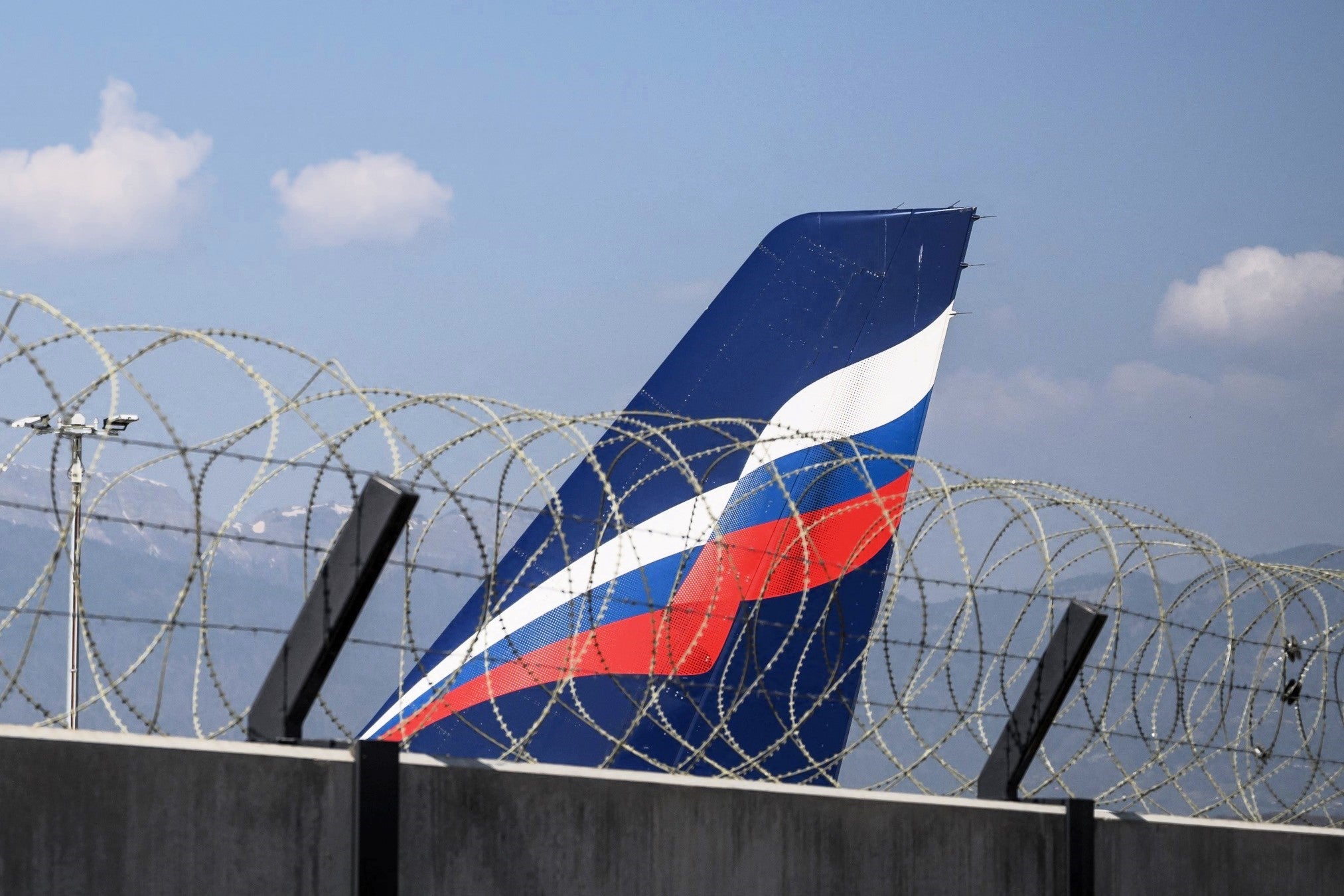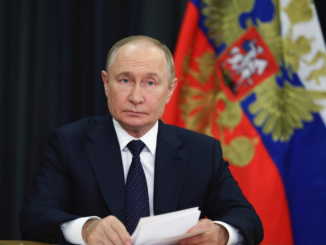
| Published July 28, 2025
Latest cyber attack is part of a series of incidents targeting key Russian targets
🚨 What Happened
-
On July 28, 2025, Russia’s state‑owned flag carrier Aeroflot suffered a massive cyberattack. Russia’s Prosecutor General’s Office confirmed it was a deliberate hack that triggered IT system failures. Over 100 flights—mostly domestic, but including routes to Belarus, Armenia, and Uzbekistan—were canceled or delayed.
-
Airlines subsidiaries Rossiya and Pobeda were also impacted. At Moscow’s Sheremetyevo airport, departure boards turned red amid widespread disruption.
🧑💻 Who Claimed Responsibility
-
Two groups, the Silent Crow hacker collective and the Belarusian Cyber‑Partisans (Cyber Partisans BY), both with pro‑Ukraine leanings, jointly claimed responsibility.
-
Silent Crow claimed a year-long infiltration, accessing Aeroflot’s corporate systems, stealing and destroying data. They said around 7,000 servers were destroyed and 20 TB of data extracted.
-
The groups assert they tapped into flight history databases, employee emails, surveillance recordings, CRM/ERP systems, and more.
📊 Scale & Impact
-
Flight disruptions: Estimates range from 40 to more than 100 flights canceled or delayed, depending on the source.
-
According to Reuters, Aeroflot canceled more than 50 round-trip flights alone.
-
The hackers claim extensive damages running into tens of millions of dollars, citing permanent data loss and infrastructure destruction.
🕵️ Background on the Hackers
-
Silent Crow emerged publicly in December 2024, shortly after its first attack. They have claimed a series of high-impact hacks in Russia, including breaches of Rosreestr, Rostelecom, regional IT departments, and a Kia Russia office.
-
The Belarus Cyber‑Partisans, formed in 2020, have previously targeted state media, law enforcement databases, Belarusian railway systems, and more. They oppose the Lukashenko regime and have cooperated with Silent Crow on this campaign.
-
Analysts (e.g., from Kaspersky) have linked at least one Partisans member to Ukraine’s IT Army, but no confirmed ties to official intelligence.
🏛 Government Reaction
-
The Kremlin labeled the breach “quite alarming,” considering it a wake-up call on cybersecurity for public infrastructure providers. A criminal investigation has been opened.
-
A senior Russian lawmaker echoed strong concern, warning that digital warfare is now front-and-center.
-
Aeroflot itself issued statements about information system failures and schedule disruption, but did not independently attribute cause.

The tail of an Airbus A321-211 aircraft of Russian airline Aeroflot is seen over the wall of Geneva Airport on 25 March, 2022 (AFP/Getty)
 Implications:
Implications:
The Aeroflot cyberattack has significant implications for Russia, global aviation, cybersecurity norms, and the evolving landscape of hybrid warfare. Here’s a breakdown of the key implications by category:
🛡️ 1. Cybersecurity Vulnerabilities in Critical Infrastructure
-
Aeroflot’s breach reveals deep-rooted weaknesses in Russian IT security, especially in sectors considered national assets.
-
The hackers claim they remained inside Aeroflot systems for nearly a year undetected — suggesting a lack of robust intrusion detection, encryption, or internal auditing.
-
This incident might inspire copycat attacks on other airlines or transport systems worldwide—especially during geopolitical conflicts.
🔍 Implication: Governments and corporations may be forced to reassess and upgrade legacy IT systems and invest more heavily in zero-trust architectures, air-gapped backups, and supply chain security.
🇷🇺 2. Domestic Repercussions for Russia
-
The disruption embarrasses the Kremlin and highlights how vulnerable even flagship state enterprises are under wartime conditions.
-
Russia may retaliate with counter-cyber operations against Ukrainian or Western-linked infrastructure (e.g., utilities, banking, logistics).
-
The public, already under strain from war and sanctions, may lose confidence in state systems, especially with the exposure of passenger data.
🧩 Implication: The Kremlin could tighten internet controls, increase domestic surveillance, or escalate propaganda blaming foreign actors — while investing in its own cyber-defenses and offensive units.
🌍 3. Escalation in Cyber Warfare
-
Silent Crow and Belarusian Cyber-Partisans, though unaffiliated with formal intelligence, are behaving like proxy cyber combatants—blurring the lines between activists and cyber-military agents.
-
This introduces a gray zone of accountability: if these actors act independently, can states be held responsible? What happens if civilian hackers cripple essential infrastructure during a conflict?
⚠️ Implication: The attack reopens the debate on international cyber norms, rules of engagement, and potential NATO Article 5 triggers in cyber contexts.
✈️ 4. Airline and Aviation Sector Fallout
-
Airlines globally are now on notice: aviation IT systems—reservation, scheduling, internal comms—are attractive targets and must be hardened.
-
If Aeroflot’s passenger and employee data is leaked or sold, it could lead to identity theft, espionage, and a loss of trust among travelers and employees.
🧭 Implication: Aviation regulators (e.g., IATA, ICAO, FAA) may push for global cybersecurity standards, certification mandates, and even real-time audit mechanisms for airline IT infrastructure.
💸 5. Economic and Operational Damage
-
The destruction of ~7,000 servers and 20 TB of data could take months or even years to fully recover, impacting Aeroflot’s competitiveness and financial standing.
-
Insurance markets may react by increasing premiums for cyber coverage in transportation sectors.
📉 Implication: Cyber risk underwriting becomes more cautious, possibly making cyber insurance more expensive or restrictive for airlines and logistics firms.
🧠 6. Psychological and Strategic Impact
-
The hackers described their action as making “the personal data of all Russians take a one-way journey.” This kind of symbolic messaging shows the psychological warfare component of cyber operations.
-
The act also sends a message to Russia’s elite: even national icons like Aeroflot are not untouchable.
🧨 Implication: This adds to a growing trend where **cyberwarfare is used not just to disable, but to humiliate and destabilize symbolic targets — and may drive governments to classify such actions alongside acts of kinetic warfare.
 Overall Takeaway: A New Front in Modern Warfare
Overall Takeaway: A New Front in Modern Warfare
The cyberattack on Aeroflot marks a turning point in the global evolution of digital conflict. Far beyond a technical breach, it exposes the fragility of national infrastructure in the face of persistent, ideologically motivated hacking groups. In this case, a symbolic and operational blow was delivered to one of Russia’s most recognizable institutions—not by state actors, but by loosely affiliated, pro-Ukraine cyber collectives operating with surprising sophistication.
The attack underscores how cyberwarfare is no longer confined to espionage or denial-of-service tactics. It now entails long-term infiltration, strategic sabotage, data theft, and psychological messaging—all aimed at eroding public trust and projecting power without firing a single missile.
For Russia, the implications are deeply political, economic, and symbolic. For the international community, it serves as a stark warning: the next war may not begin on a battlefield, but on a server.
To maintain stability, governments, corporations, and international organizations must treat cyber defense as a core pillar of national security. And as blurred lines between activist hackers and geopolitical actors continue to vanish, the world must reconsider what constitutes an “act of war” in the 21st century.
The Aeroflot breach wasn’t just a disruption—it was a message. And the world is listening.





Be the first to comment